“Đukanović saved by immunity”
The court proceedings regarding the cigarette smuggling in Montenegro will have to be concluded, says a former head of the Italian Anti-Mafia Commission.
Monday, 11.01.2010.
12:21

The court proceedings regarding the cigarette smuggling in Montenegro will have to be concluded, says a former head of the Italian Anti-Mafia Commission. “Judge Anna Di Mauro refused to issue a warrant for the arrest of Milo Djukanovic solely because of his presidential immunity,” said Francesco Forgione, who headed the commission from 2006 until 2008. “Djukanovic saved by immunity” Djukanovic, now Montenegrin prime minister, was also that country’s president, and has held top positions of power there for almost two decades. He was under investigation by Italian authorities for his involvement in the 1990s cigarette smuggling operations, but when the indictment was issued in the case in the fall of 2008, his name was dropped from it. Now Forgione, who was also a member of Italian parliament, in his recently published book, “Mafia Export”, speaks about one of Italy’s “best export products” – organized crime. Forgione believes that the trial for cigarette smuggling through Montenegro “will have to end soon and that those responsible will have to face consequences”, Belgrade daily Politika writes. He points out that the smuggling started “due to terrible situation in the country which was under UN sanctions”. According to Italian investigators, international smugglers made their deals “directly with Milo Djukanovic”. “The leaders of criminal organizations United Holy Crown and Camorra traveled to Montenegro shortly after the break-up of the Socialist Federal Republic of Yugoslavia (SFRJ). They transported cigarettes from Belgium, the Netherlands and other countries by planes to Podgorica airports and then to Bar and other ports on the Montenegrin coast. The cigarettes were later transported in speedboats to Italy where they were sold,” Forgione says. An Italian investigator, Prosecutor Giuseppe Scelsi, testified before the Anti-Mafia Parliamentary Commission that “Montenegro was the main operative base for smuggling in the Mediterranean” where a large number of fugitive Italian gangsters started their tobacco, drug and weapons business. According to him, Montenegro’s port of Zelenika near Herceg Novi was controlled by the mafia from Bari and Naples (United Holy Crown and Camorra), while the port of Bar was controlled by the criminals from Bari and Brindisi. The smugglers’ fleet, which consisted of 70 speedboats, crossed Adriatic Sea in two hours. The Anti-Mafia Directorate in Bari joined several long-term investigations led in Italy into one. In March 2008, Djukanovic gave his statement in Bari, but the prosecutors “concluded that he had immunity”, writes the newspaper. A request to start proceedings, dated October 2, 2008 contained seven names, but not Djukanovic’s.
“Đukanović saved by immunity”
Đukanović, now Montenegrin prime minister, was also that country’s president, and has held top positions of power there for almost two decades.He was under investigation by Italian authorities for his involvement in the 1990s cigarette smuggling operations, but when the indictment was issued in the case in the fall of 2008, his name was dropped from it.
Now Forgione, who was also a member of Italian parliament, in his recently published book, “Mafia Export”, speaks about one of Italy’s “best export products” – organized crime.
Forgione believes that the trial for cigarette smuggling through Montenegro “will have to end soon and that those responsible will have to face consequences”, Belgrade daily Politika writes.
He points out that the smuggling started “due to terrible situation in the country which was under UN sanctions”.
According to Italian investigators, international smugglers made their deals “directly with Milo Đukanović”.
“The leaders of criminal organizations United Holy Crown and Camorra traveled to Montenegro shortly after the break-up of the Socialist Federal Republic of Yugoslavia (SFRJ). They transported cigarettes from Belgium, the Netherlands and other countries by planes to Podgorica airports and then to Bar and other ports on the Montenegrin coast. The cigarettes were later transported in speedboats to Italy where they were sold,” Forgione says.
An Italian investigator, Prosecutor Giuseppe Scelsi, testified before the Anti-Mafia Parliamentary Commission that “Montenegro was the main operative base for smuggling in the Mediterranean” where a large number of fugitive Italian gangsters started their tobacco, drug and weapons business.
According to him, Montenegro’s port of Zelenika near Herceg Novi was controlled by the mafia from Bari and Naples (United Holy Crown and Camorra), while the port of Bar was controlled by the criminals from Bari and Brindisi.
The smugglers’ fleet, which consisted of 70 speedboats, crossed Adriatic Sea in two hours.
The Anti-Mafia Directorate in Bari joined several long-term investigations led in Italy into one.
In March 2008, Đukanović gave his statement in Bari, but the prosecutors “concluded that he had immunity”, writes the newspaper.
A request to start proceedings, dated October 2, 2008 contained seven names, but not Đukanović’s.










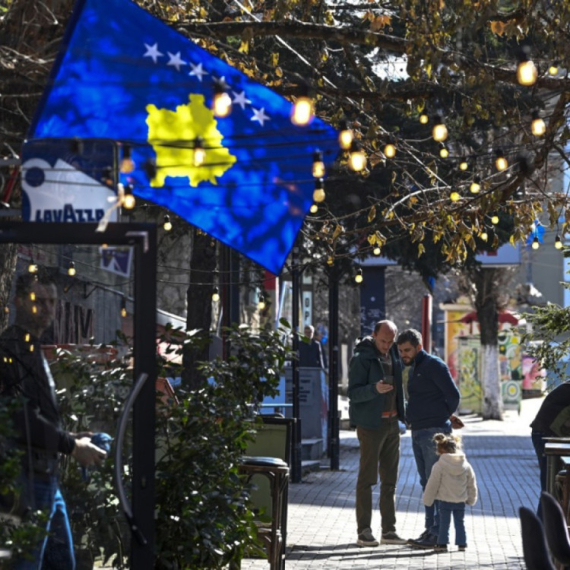
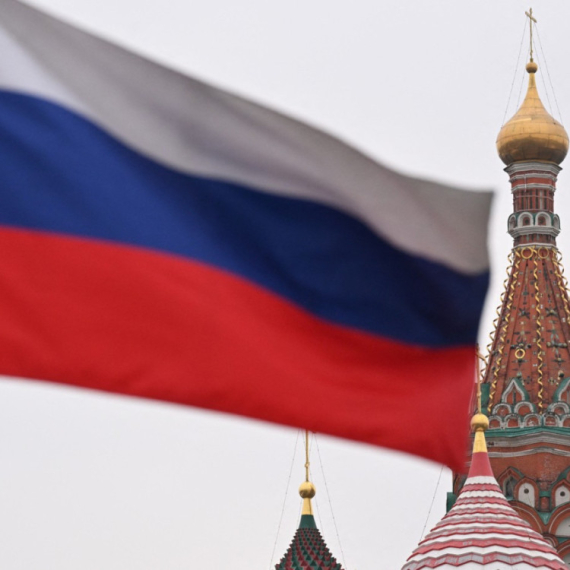
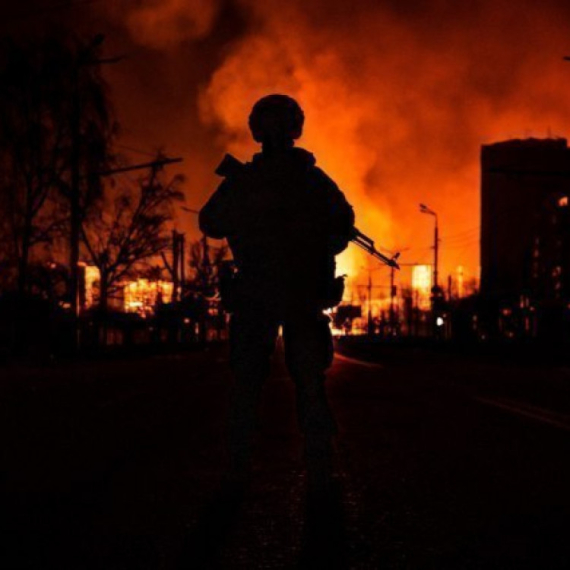

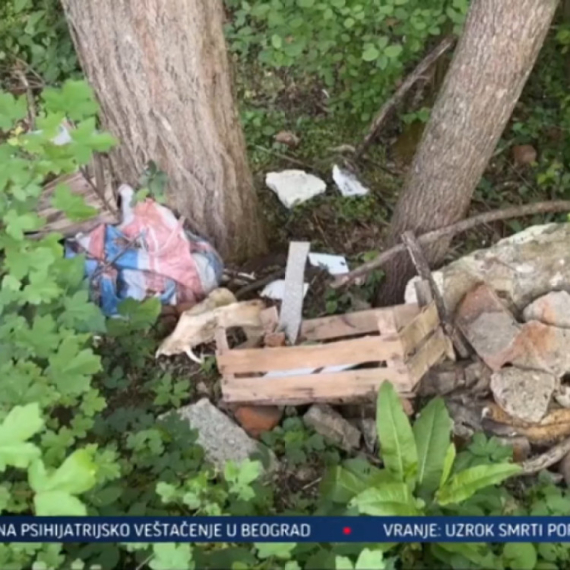
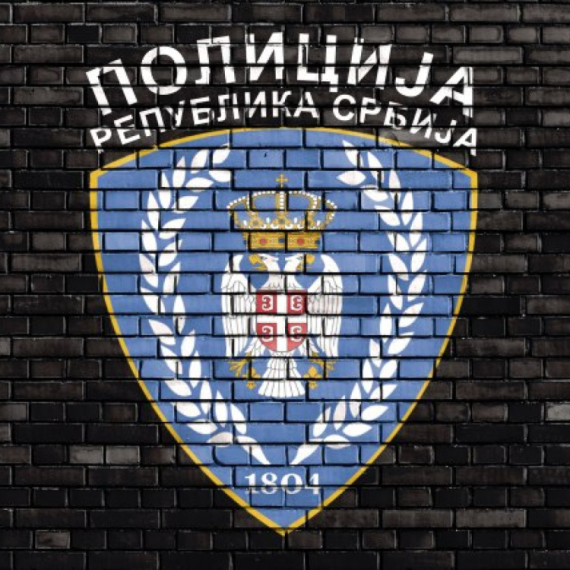

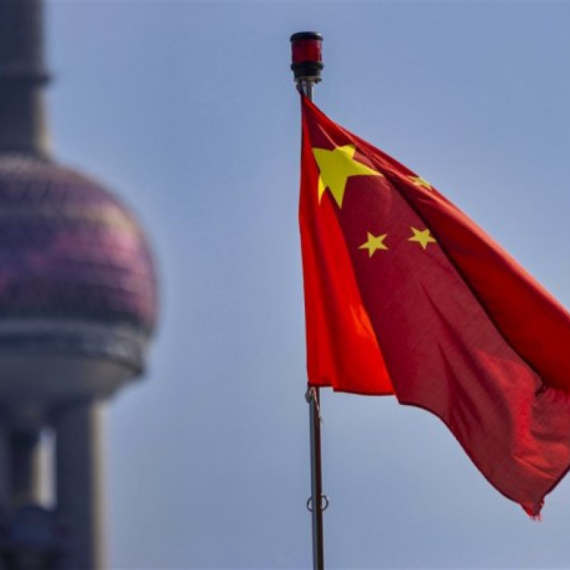



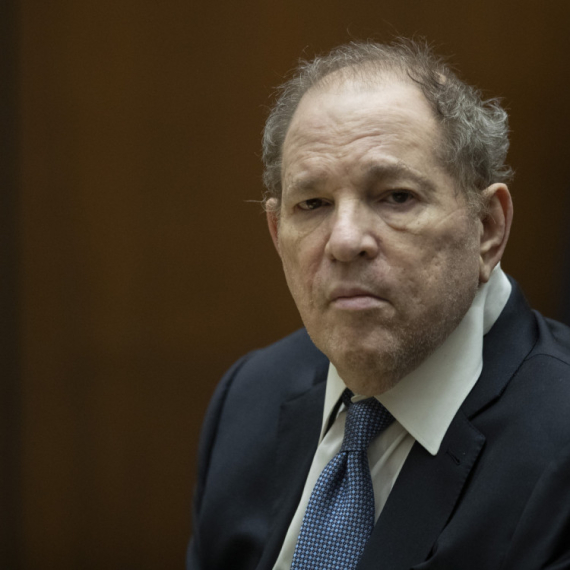




































Komentari 9
Pogledaj komentare